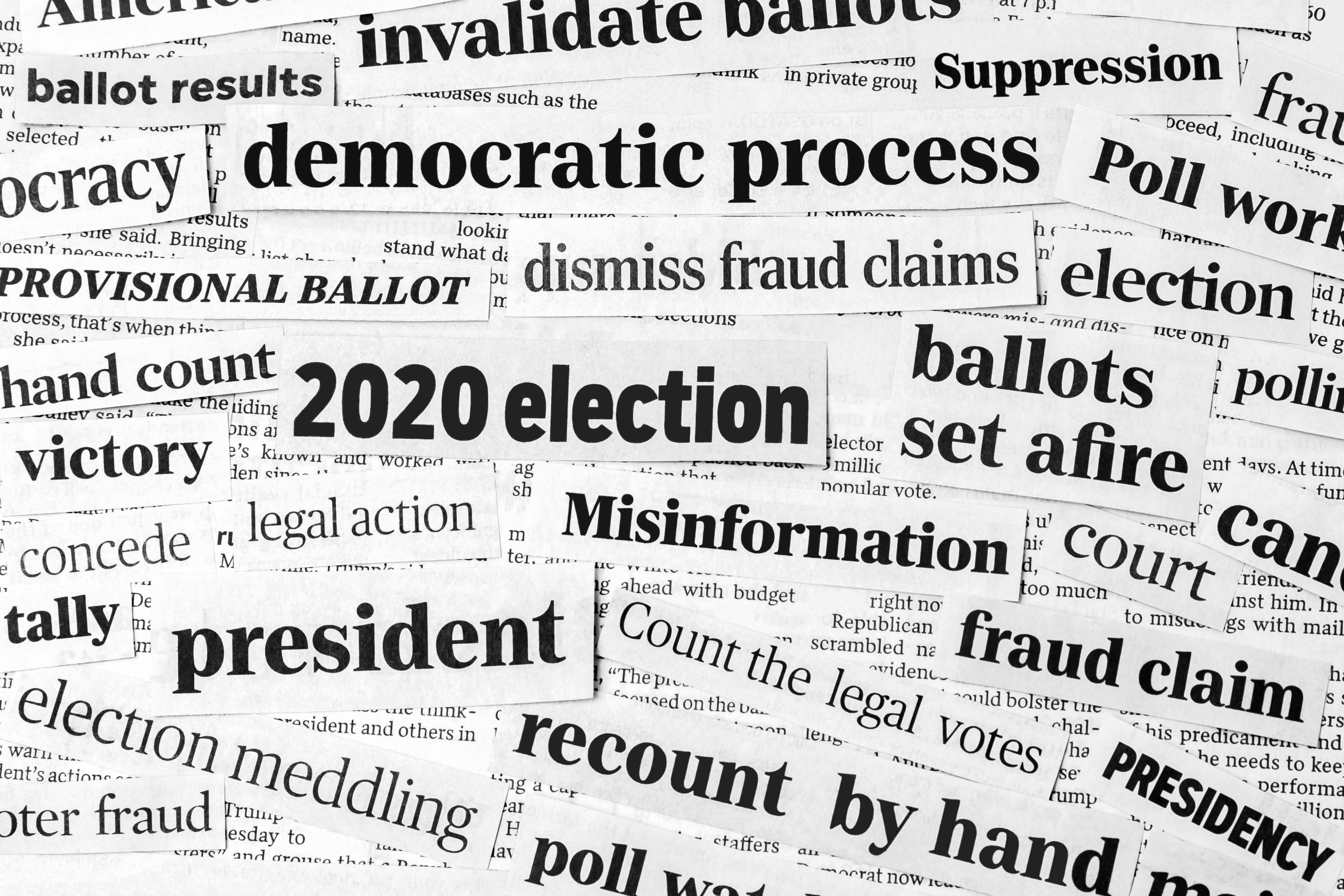All Blogs, Media Industry, Public Relations Industry, Thought Leadership
How Changes at Twitter Could Impact the Public Relations World

Elon Musk recently cemented his grip on Twitter with a series of bombshell announcements. He laid off 3,500 members of the company’s staff, proposed an $8 monthly fee for blue tick verifications and demanded that Twitter’s remaining employees work “long hours at high intensity.” Last week another 2,000 Twitter staff resigned, advertisers are abandoning the platform in droves, and users are noticing increasingly visible glitches. It’s worth wondering what Musk’s chaotic management of Twitter means for the platform’s future, its users and PR practitioners.
First off, it’s not unique for a mogul to own a media company. Jeff Bezos owns The Washington Post, Mark Zuckerberg owns Meta and Instagram and Michael Bloomberg owns, well, Bloomberg in all its iterations.
However, Musk’s ownership of Twitter has been unusually chaotic. Unlike his contemporaries’ detached management style, Musk leads Twitter with a highly personal approach, fusing a radically pro-free speech political philosophy with a sporadic, anything-goes management style. Within days of Musk’s takeover, there was a noticeable spike in racist and problematic Tweets. The National Contagion Research Institute documented this with a study finding that the number of Tweets with the n-word increased by 500 percent only hours after the Musk takeover was announced.
Additionally, the platform has experienced a surge in misinformation since the reorganization. After the attack on Paul Pelosi earlier this month, Musk retweeted a roundly discredited conspiracy theory about the attacker. Despite deleting the comment after fierce pushback, this conspiracy theory reached millions of followers and was trending worldwide by the day’s end. If this is the standard set by those at the top, it’s fair to worry that trolls will be emboldened to push more outlandish conspiracy theories. Musk made news again when he lifted the network’s ban on Donald Trump. With the former president’s entry into the 2024 presidential primary, the prospect of a Trump return to Twitter could pose an even greater risk to the spread of disinformation.
Lastly, network users have noticed a considerable decline in the platform’s quality. With the exodus of 5,000+ employees, including many content moderators and engineers, Twitter simply doesn’t have enough staff to address the daily roster of tech issues experienced by users. With the platform expecting especially high traffic for the 2022 World Cup, it’s anyone’s guess whether Twitter will be able to stay online.
For a social media platform intrinsically linked to breaking news and reporting, the rise of misinformation and decline in quality have led journalists and PR specialists alike to examine alternative avenues of communication. Rival networks, such as Mastodon and Reddit, have pitched themselves as decentralized alternatives to the increasingly fledgling giant. While Twitter is by no means irrelevant, the network must regain level footing (administratively, technologically and socially) before it can be expected to be treated as a forum for thoughtful debate and pressing information. While many factors are at play here, one thing is certain: this responsibility starts at the top.


